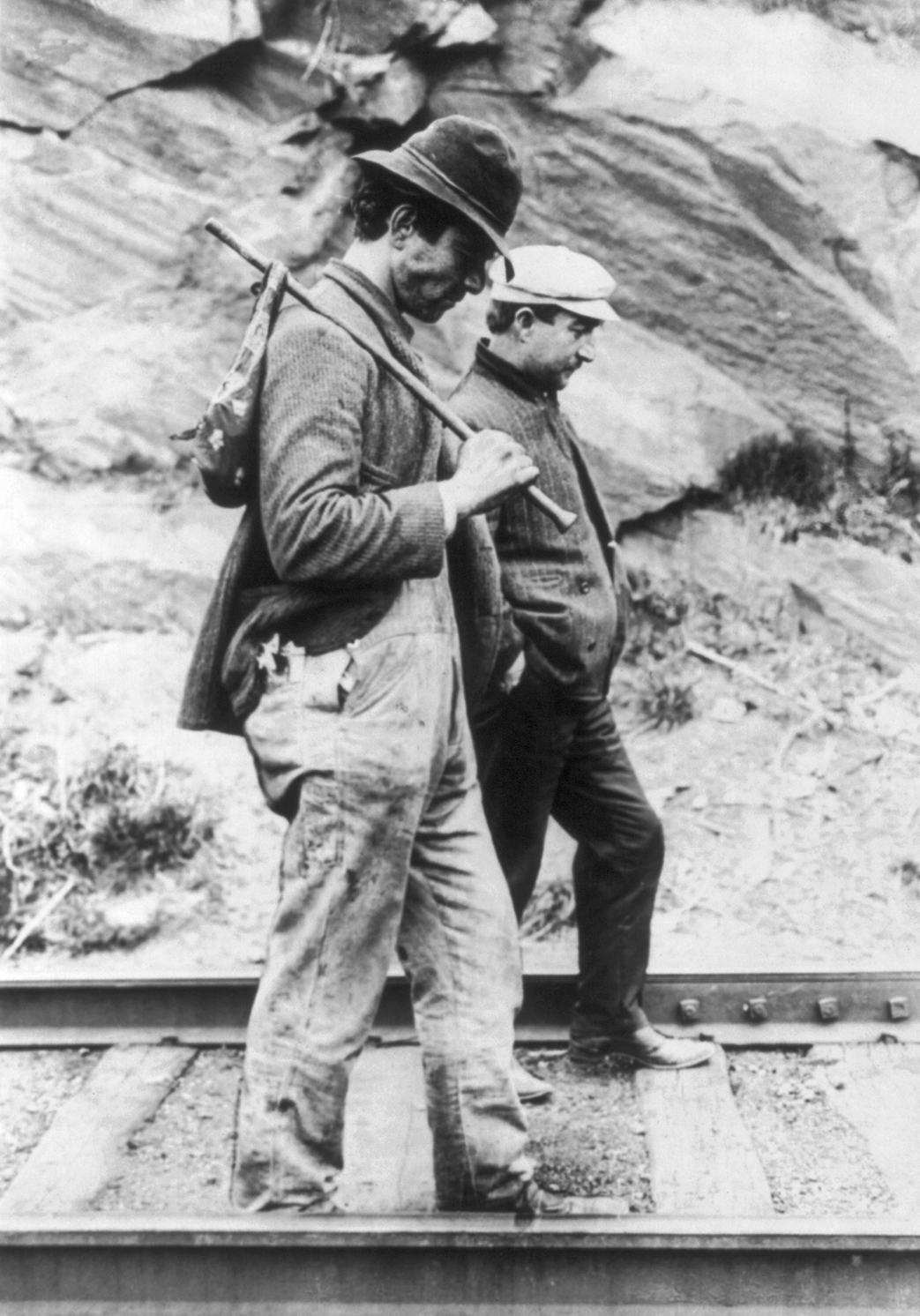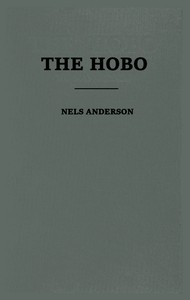Latimer
JUB Addict
- Joined
- Feb 2, 2010
- Posts
- 6,581
- Reaction score
- 487
- Points
- 83
About a decade ago, ten minutes away from my house in Los Angeles, along the western boundary of the vast Veteran's Administration complex, a homeless encampment arose and grew, first on the sidewalk and parkway but eventually spilling out onto the street, taking over the area reserved for parking. There were tents, umbrellas, tables and chairs, even butane fueled stoves. I would drive by as often as eight times in the course of the week, sometimes more, as I had projects under construction in the area--one of the richest in Los Angeles and therefore one of the richest in the world. Billionaires lived a few minutes from the encampment. The rich parents (heiress mother, politician father) of the mayor of Los Angeles lived very close to here, as did the Vice President of the United States and her husband. And as I would drive by--as the encampment grew, the trash mounted up, with weekly fires and two murders--I wondered how and why this was allowed to continue, and answered:
1. The Ninth District Court (the most liberal and overturned federal court in the nation) had ruled a decade ago that a person couldn't be removed from his chosen abode on the street unless another dwelling was provided nearby, meaning that a homeless person in West Los Angeles couldn't be forced to live in downtown Los Angeles;
2. California state court decisions in the 1970's held that a person couldn't be involuntarily held in a mental hospital for more than 72 hours;
3. The cost of building housing for the homeless was--inexplicable unless one takes into account the network of social service advocates, providers, architects and contractors who enjoy the largesse of the politicians and civil bureaucracy--now more than $800,000 per unit, and--despite bond issues having been passed in excess of a billion dolllars--little more than 1,000 units have been built.
4. The lethargy, incompetence and corruption endemic to our local and state politics.
In late February of 2022, a friend of mine remarked that, because the LA Marathon course would pass by the encampment I have described above, it would be gone by the week before the race scheduled for March 20.
And it was, with the homeless forcibly removed to "little houses" put in place on the Veteran Administration grounds.
The same friend has predicted the same thing will happen before the Los Angeles Summer Olympic Games scheduled for 2028.
1. The Ninth District Court (the most liberal and overturned federal court in the nation) had ruled a decade ago that a person couldn't be removed from his chosen abode on the street unless another dwelling was provided nearby, meaning that a homeless person in West Los Angeles couldn't be forced to live in downtown Los Angeles;
2. California state court decisions in the 1970's held that a person couldn't be involuntarily held in a mental hospital for more than 72 hours;
3. The cost of building housing for the homeless was--inexplicable unless one takes into account the network of social service advocates, providers, architects and contractors who enjoy the largesse of the politicians and civil bureaucracy--now more than $800,000 per unit, and--despite bond issues having been passed in excess of a billion dolllars--little more than 1,000 units have been built.
4. The lethargy, incompetence and corruption endemic to our local and state politics.
In late February of 2022, a friend of mine remarked that, because the LA Marathon course would pass by the encampment I have described above, it would be gone by the week before the race scheduled for March 20.
And it was, with the homeless forcibly removed to "little houses" put in place on the Veteran Administration grounds.
The same friend has predicted the same thing will happen before the Los Angeles Summer Olympic Games scheduled for 2028.





